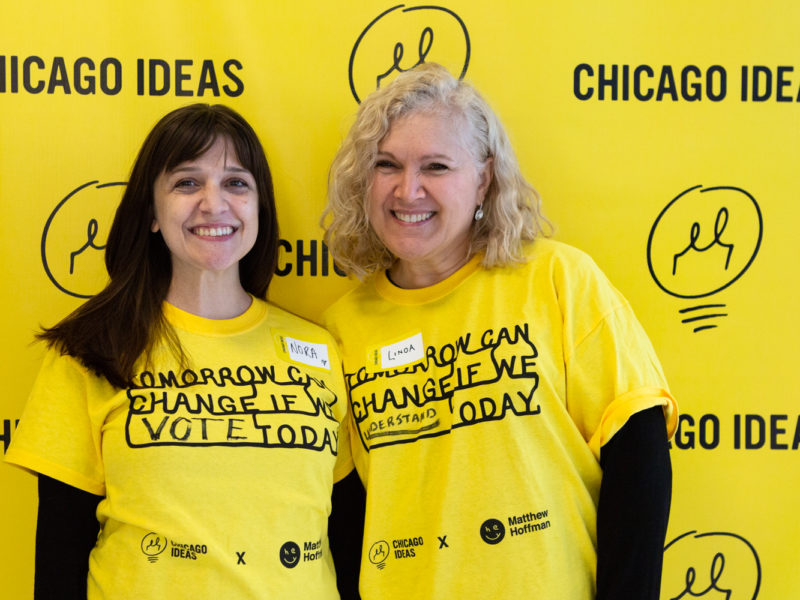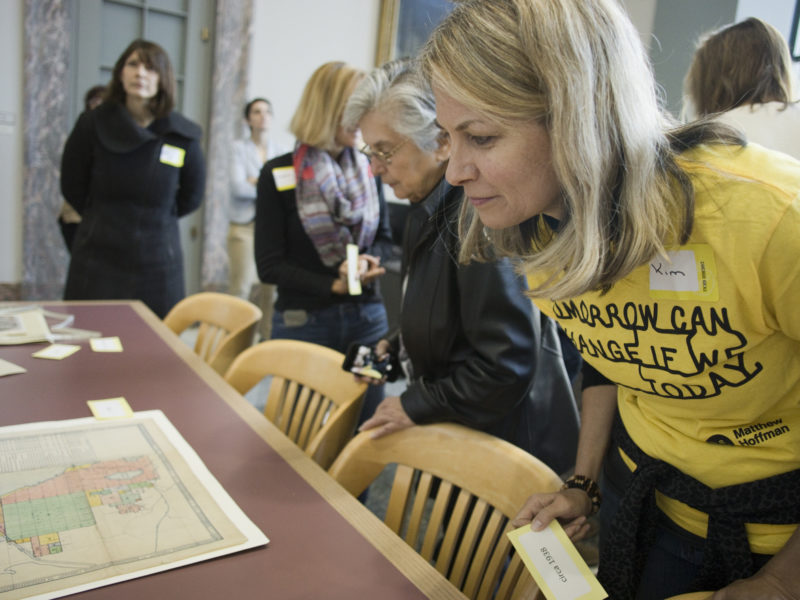
With New College Board Partnership, Strive for College Looks to Scale Up
From The White House to local school districts, many recent educational efforts have focused on improving low-income student’s college attendance rates. Often overlooked in this push, however, are rural communities, where rapidly declining populations and school consolidation is shrinking the educational choice set and support rural students traditionally received. Strive for College is changing that—and with a recent partnership with Bloomberg Philanthropies and the College Board, the organization is hopeful that it will be able to reach the widest swath of at-risk students yet, both rural and urban.
“Through virtual mentoring…we can help solve the entire problem of scale,” Founder and CEO Michael Carter, a 2012 BHSI Fellow, said, noting Strive for College’s roots as a program that supported more traditional, in-person mentorships. “Never before has there been this wide of an approach using such rich data.”

Michael Carter shared Strive for College’s impact and “the gift for opportunity” on the CIW 2012 stage.
Strive for College focuses on the high-achieving, academically-inclined high-school student who, simply put, stops achieving academically post-graduation. These are the students whose SAT and ACT scores put them on track for attending a range of colleges, but who often don’t even fill out a single college application. So, how does Strive for College reach these students, who may live everywhere from, say, Chicago to rural Idaho?
Enter uStrive, Strive for College’s technological platform. Like “eHarmony for college admissions,” uStrive matches students to colleges along a wide range of attributes—not just, Carter stresses, by whether or not a student is likely to be accepted, but also by the college’s price tag, four-year college graduation rates and other criteria. Crucially, uStrive also connects students to virtual mentors, capitalizing on the fact that low-income students across all geographic regions have “consistent access to technology in ways they never have before.” Once matched, mentors follow a curriculum that takes students through the college and financial aid application process.
With access to the rich data the College Board has on offer, Carter believes the organization is ready to rapidly scale up. As a result, it is focused on increasing its manpower, with current efforts centered on recruiting mentors.
“In our model, it’s mostly one mentor to one kid,” Carter described. “So, [this gets] to our big challenge: We need more mentors.”




